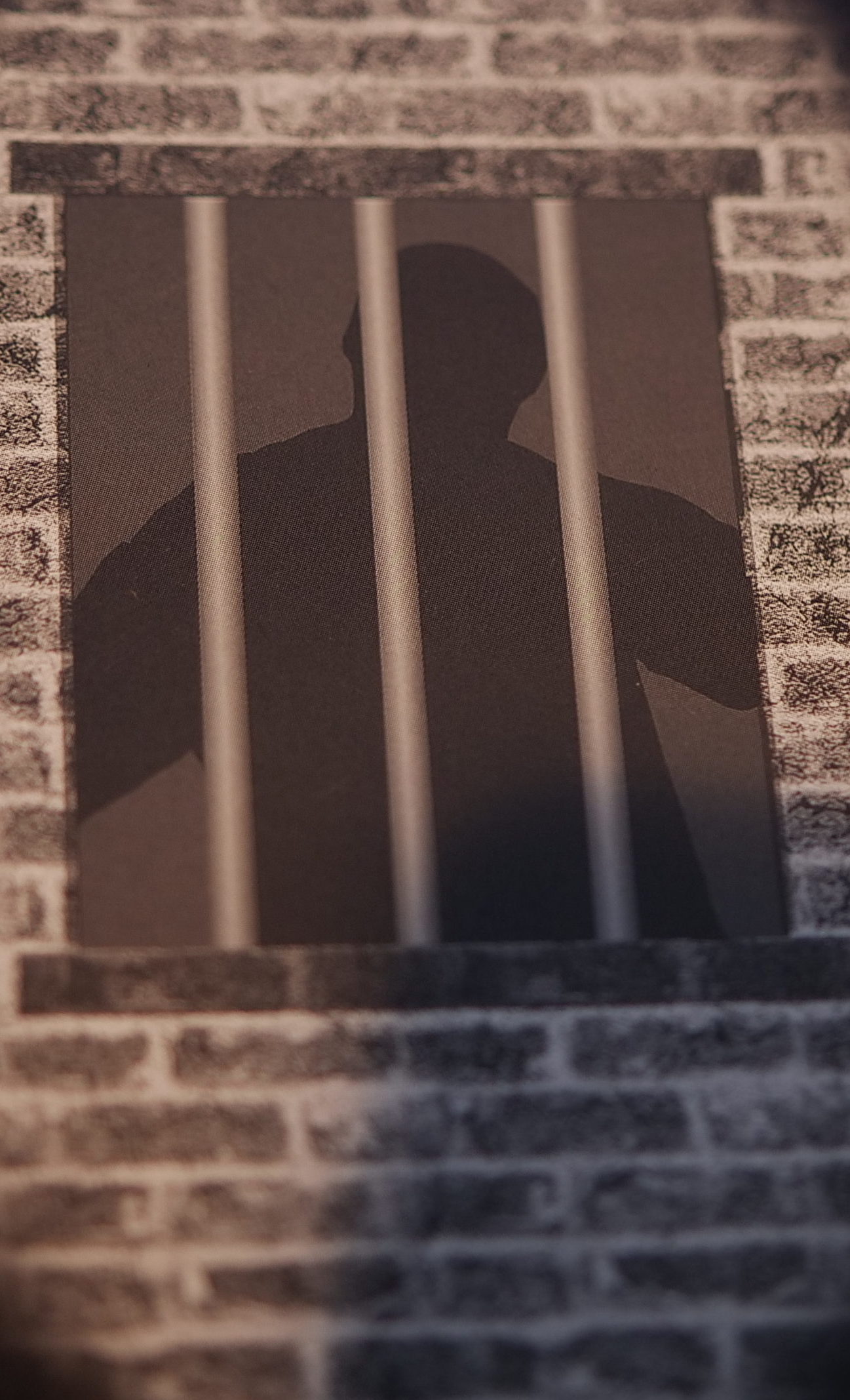(Following the Attica prison riot 1971.)
The white prisoner believes he is innocent of crime, the black prisoner knows he is. For you do not punish a man for breaking out of his oppression without finally making him blameless. It is enough that he has been vilified, beaten, preyed upon and violated in every aspect of his being to turn him predator. And then to cage him…?
That is his moment of release, his moment, his only moment, of choice. All his life he had been acted upon, fleeing a choiceless life. Now he is brought up against himself, he can run no more. He must enter at last into a conscious act. Shall he be content to survive, actively acquiescing in his own brutalisation, or shall he die in the very act of life?
To submit to the former is to legitimise an oppressive system -to become ‘part of the problem’. To seek to overthrow it is to become ‘part of the solution’.
Prisons are either schools for crime or schools for revolution. In a funeral eulogy for one of the victims, the Rev. James Collins, a noted Roman Catholic prison chaplain, warned that there would be further prison riots in New York State unless a separate institution was opened for inmates whom he described as “hard core revolutionaries”, reported the Guardian’s correspondent from Washington on the Attica State Prison rebellion.
It did not make any sense: why would a prison chaplain in the middle of a eulogy delivered at the graveside of ‘one of the victims’ ask that prisoners be further victimised? ‘Father Collins, the report continued, ‘called for the creation of a maximum security institution.. Concentration camps? A priestly plan for his parishioners? But of course: “victims’ are guards, not prisoners, particularly if they are black, and not even a common death can render them equal-certainly not to the Guardian correspondent or the eulogising chaplain.
How then had I not understood the report in the first place? Was it because, being black, I had understood victims to mean victims of a racist society? Or was it because, being indiscriminate, I had seen both prisoners and guards as the common victims of a callous administration? And if that was the humane way to look at it, did it follow that I was humane because I was black?
That is a frightening question. For although such a presumption would not of itself make me a racist, it would certainly conclude that all white people were. And on the evidence of America’s showing (not to mention Britain’s) such a conclusion becomes increasingly inescapable.
To put a man in prison is itself a measure of society’s failure against him. To put him there because he violates the rights of property – the rights of another to have too much to his too little -is to compound that failure. When that man happens to be black and the society white America, it is inevitable that the price of his life should be no more than $70.
But if, out of some monumental dignity, some remembered agony, some unrelinquished love, he should, like George Jackson, be able to resurrect himself and, in that resurrection, dare to embrace all mankind, white America goes insane with the lust to kill. Maim and kill, maim and kill – there’s the rhythm of America’s capitalist heart-beat After such knowledge, what forgiveness?
